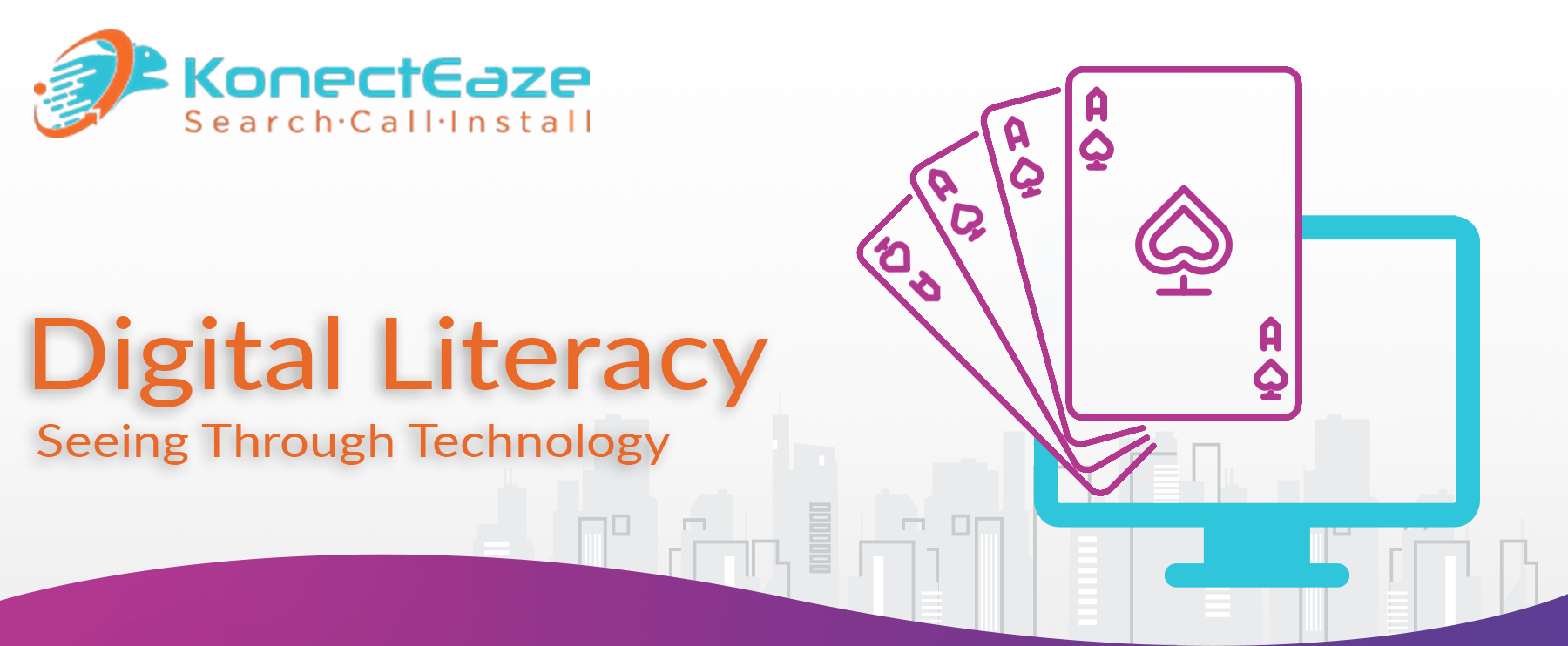Digital Literacy; Seeing Through Technology
Digital technology is an amazing thing, but not without its dangers. To protect ourselves, we need to learn digital literacy.

Digital Literacy: Seeing Through Technology
Digital technology is a fantastic tool, but it comes with risks. To navigate these effectively, digital literacy is essential.
Understanding Digital Literacy
Digital literacy involves understanding how to use technology responsibly and safely. It helps individuals recognize scams, false information, and the overall impact of their digital footprint. Programs like Facebook’s Digital Literacy Library and Cyber Civics are excellent starting points for learning digital literacy skills.
Key Aspects of Digital Literacy
1. Recognizing Scams
Online scams come in many forms, from phishing emails to misleading advertisements. Learning to identify these is crucial.
2. Understanding Digital Footprints
Everything we do online leaves a trail. Being aware of your digital footprint helps protect your privacy and personal information.
3. Evaluating Information
Not all information online is credible. Learning to discern the quality and reliability of sources is vital. The CRAP test (Credibility, Relevance, Accuracy, Purpose) is a useful tool for evaluating information.
Cyber Civics Program
Cyber Civics, developed by Diana Graber, is a comprehensive digital literacy curriculum for middle school students. It covers digital citizenship, cyberbullying, sexting, online research, and the CRAP test. The program is designed to help students navigate the digital world responsibly and safely.
Conclusion
Digital literacy is essential for anyone who uses the internet. It helps protect against scams, ensures responsible use of technology, and fosters critical thinking about online information. Programs like Cyber Civics provide valuable education in this area, helping individuals become more informed and safer digital citizens.
Relevant Links from KonectEaze
- HBO's One New Weapon: Joss Whedon
- Gillian Flynn's Sharp Objects
- The Evolution of Internet Slangs and Memes: A Cultural Odyssey
- The Invisible Threats: A Deep Dive into Internet Security for Home Networks
- Preserving Culture Through Cyberspace: The Internet's Impact on Lesser-Known Cultures and Languages




